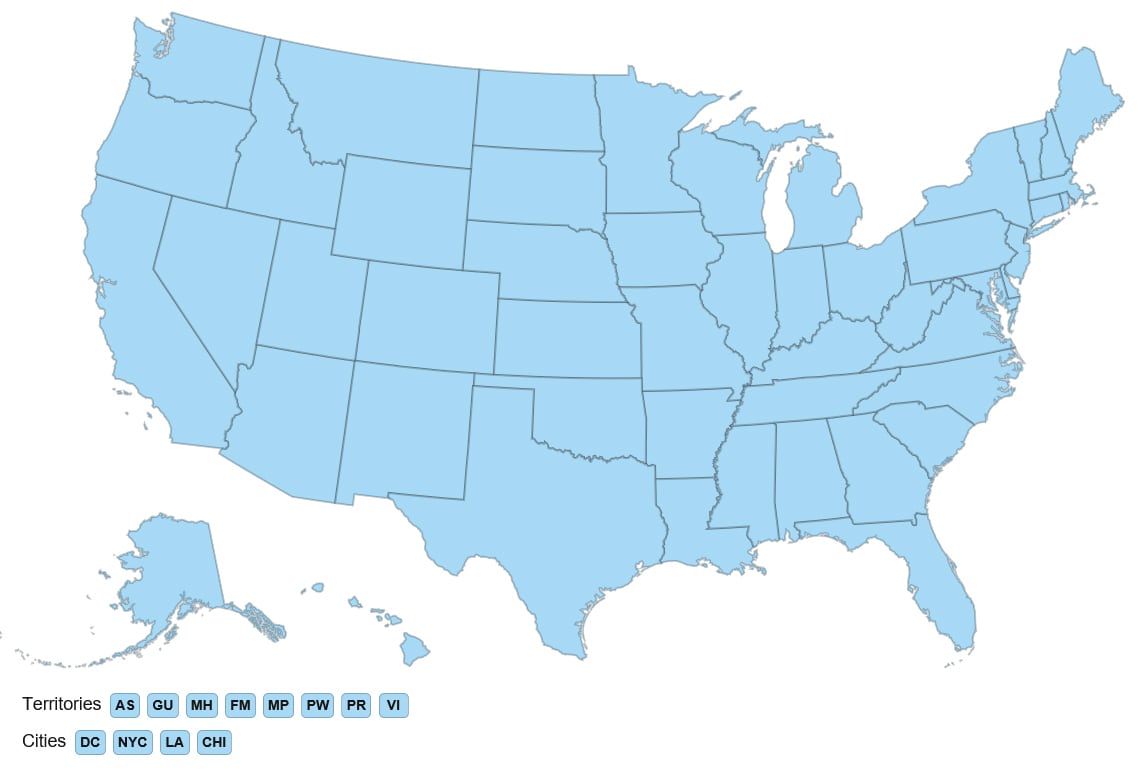Public Health Emergency Preparedness (PHEP) Cooperative Agreement

The Public Health Emergency Preparedness (PHEP) cooperative agreement is a critical source of funding for state, local, and territorial public health departments. Since 2002, the PHEP cooperative agreement has provided assistance to public health departments across the nation. This helps health departments build and strengthen their abilities to effectively respond to a range of public health threats, including infectious diseases, natural disasters, and biological, chemical, nuclear, and radiological events. Preparedness activities funded by the PHEP cooperative agreement specifically target the development of emergency-ready public health departments that are flexible and adaptable.
Guidance and Technical Assistance
CDC’s experience and public health expertise helps U.S. communities prepare for, withstand, and recover from emergencies. CDC provides annual guidance, technical assistance, and a range of resources to assist health departments with their strategic planning to strengthen their public health preparedness capabilities.
Guidance: CDC provides annual evidence-based guidance to ensure state, local, and territorial jurisdictions have the most current information to better protect their communities.
Technical Assistance: CDC’s expertise includes the operational know-how to ensure public health departments are ready to respond.
Resources: CDC provides public health departments with staffing support, advice, tools and the latest information to improve readiness. Resources include preparedness field staff, the monthly PHEP Connects webinar series.
CDC places preparedness staff across the nation to support state and local health departments. Having trained and dedicated staff who provide direct technical assistance and other CDC support is critical to ensuring health departments are prepared to protect the health of their communities. Preparedness field staff provide boots-on-the-ground support and connect CDC with health departments.
CDC experts and preparedness planners from around the country share up-to-date information, resources, and promising practices on a range of public health preparedness and response topics. The webinar series is open to state, local, tribal and territorial (SLTT) public health preparedness planners and others interested in learning more about public health emergency management.
CDC developed the Online Technical Resource and Assistance Center (On-TRAC) to provide state and local public health departments a secure, user-friendly platform for requesting technical assistance. Learn more about On-TRAC.
PHEP Cooperative Agreement Guidance
PHEP efforts support the National Response Framework (NRF), which guides how the nation responds to all types of hazards including infectious disease outbreaks; natural disasters; biological, chemical, and radiological incidents; and explosions.
There are 62 PHEP cooperative agreement recipients:
- All 50 states
- Four major metropolitan areas (Chicago, Los Angeles County, New York City, and Washington, D.C.)
- Eight U.S. territories and freely associated states (American Samoa, Guam, U.S. Virgin Islands, Northern Mariana Islands, Puerto Rico, Federated States of Micronesia, Republic of the Marshall Islands, and Republic of Palau).
